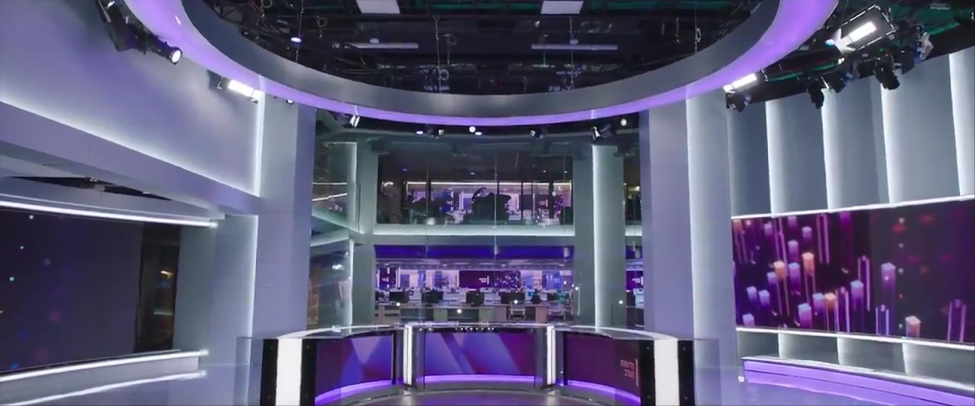
As part of the coalition negotiations over Netanyahu’s new government, there have been discussions and news reports about closing the news division of the public broadcasting corporation Kan or making it entirely private, citing its high costs and poor ratings. However, I believe that discussions about Kan’s closure need closer consideration. Israel needs a strong public broadcasting corporation in order to maintain media pluralism and independence, and losing Kan would deprive Israelis of an important cultural asset.
Before explaining the negative effects of closing Kan’s news division, let’s go over Kan’s role in Israeli society. Today, Kan broadcasts news and TV shows on the channel Kan 11, operating many radio stations and a television channel in Arabic. The public broadcasting corporation in its current form is 5 years old, established after the closure of the old Public Broadcasting Authority for inefficiency reasons. The news division is considered to be mostly politically neutral, although some Likud lawmakers and right-wing thought leaders have expressed dissatisfaction with it.
The closure of Kan would be harmful in a number of ways. Firstly, Israel would face a decline in television quality without Kan. Israel’s commercial television channels are on a bad financial footing, and the size of the Israeli TV market does not allow them to produce high-quality TV content. For example, in recent years, commercial channels have dedicated more of their airtime to news programs rather than scripted series because they are cheaper to produce. By doing so, commercial TV channels are leaving behind many talented Israeli producers and writers in their quest for financial gain.
Israeli commercial channels are also owned by tycoons, who buy them in order to move public opinion in their direction, usually opinions related to their business interests. The owners of the Israeli importer of the Coca-Cola Company are the partial owners of Channel 12 and the owners of Strauss, the food manufacturer, are the partial owners of Channel 13. Having owners such as these can seriously hurt media independence. For instance, when the last government raised taxes on sweetened drinks, including Coca-Cola products, Channel 12 criticized the move without telling viewers that it is partly owned by the Israeli importers of Coca-Cola.
Moreover, under its current design, Israel’s public broadcasting corporation Kan is efficient and has shown its capability to produce high-quality original TV shows. Five years ago, the old public broadcasting corporation had been scrapped because of inefficiency and poor ratings. The new corporation, although unable to produce high rating figures, was able to sell some of its TV shows, such as drama series Tehran and Valley of Tears, to international streaming giants such as Apple TV+ and HBO Max And led a successful coverage of the Eurovision in 2019. Additionally, its news division has produced productive and balanced coverage, which was reflected in Israelis’ public opinion, viewing the channel as the most trustworthy. Without Kan, Israeli broadcasting would be worse off.
Finally, the public broadcasting corporation serves as a place for different groups in Israeli society to express themselves. The corporation operates a radio station in Arabic and has another station that broadcasts in Russian, French, Yiddish, Amharic and many other languages. It also has a television channel in Arabic. Commercial channels usually have no incentive to invest in minority communities, especially in the small Israeli TV market, and would rather pursue the mainstream of Israeli society. Also, it is worth mentioning that Kan leads in the representation of the Israeli Arab minority on its main news and radio networks. Closing Kan’s stations will harm pluralism in Israeli society and will leave stronger commercial outlets in a more dominant position.


